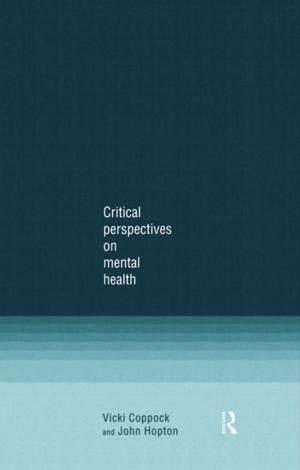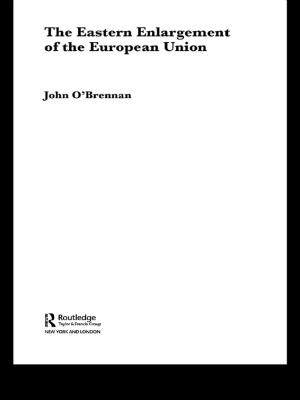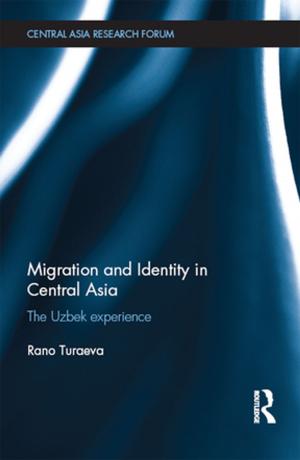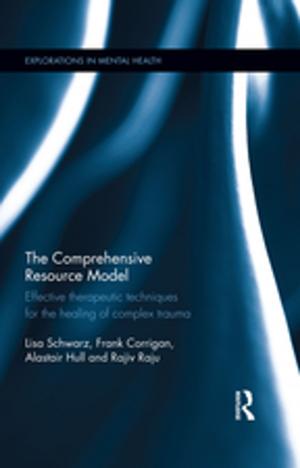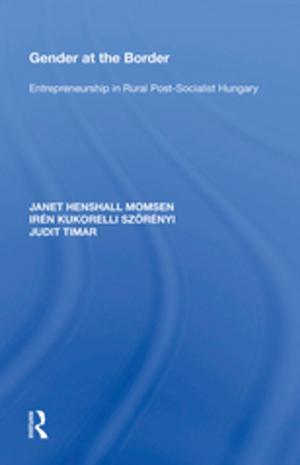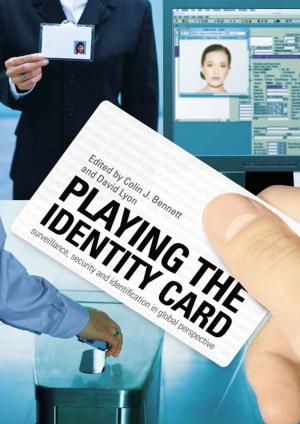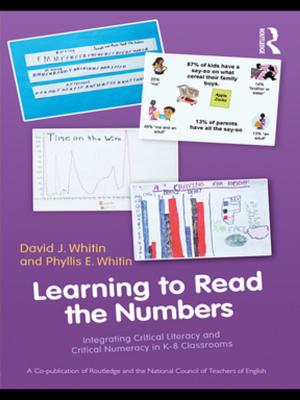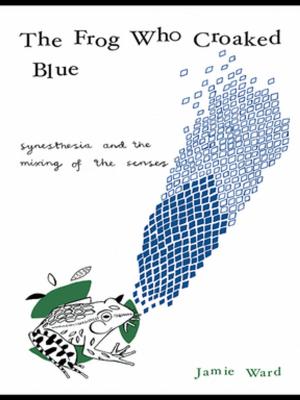Revisiting the Self
Social Science Perspectives
Nonfiction, Social & Cultural Studies, Social Science, Sociology| Author: | ISBN: | 9781317357889 | |
| Publisher: | Taylor and Francis | Publication: | October 2, 2017 |
| Imprint: | Routledge | Language: | English |
| Author: | |
| ISBN: | 9781317357889 |
| Publisher: | Taylor and Francis |
| Publication: | October 2, 2017 |
| Imprint: | Routledge |
| Language: | English |
Who am I? Or, even more curiously, who are you? These are questions about the self – that aspect of who we are that we believe defines, or at least describes, each of us. The self is not merely an internal creation, however. Family, friends, colleagues, and acquaintances all contribute to who we are, and more importantly, they help to shape who we think we are.
In this innovative and thought-provoking book, the various social aspects of the self and its construction are imaginatively explored. Such explorations can seem abstractly academic, but they carry great significance. Knowledge of how the self is constructed has many implications for most social processes, for example, understanding the volatility of the notion of self that can provide the basis for terrorist radicalisation, can generate destructive suicidal tendencies, or can foment aggressive national identities. This interdisciplinary collection is relevant not only for theoretical and methodological elaborations, but also for more practical considerations. The chapters in this book were originally published as a special issue of Contemporary Social Science, and two articles from Self and Identity.
Who am I? Or, even more curiously, who are you? These are questions about the self – that aspect of who we are that we believe defines, or at least describes, each of us. The self is not merely an internal creation, however. Family, friends, colleagues, and acquaintances all contribute to who we are, and more importantly, they help to shape who we think we are.
In this innovative and thought-provoking book, the various social aspects of the self and its construction are imaginatively explored. Such explorations can seem abstractly academic, but they carry great significance. Knowledge of how the self is constructed has many implications for most social processes, for example, understanding the volatility of the notion of self that can provide the basis for terrorist radicalisation, can generate destructive suicidal tendencies, or can foment aggressive national identities. This interdisciplinary collection is relevant not only for theoretical and methodological elaborations, but also for more practical considerations. The chapters in this book were originally published as a special issue of Contemporary Social Science, and two articles from Self and Identity.



